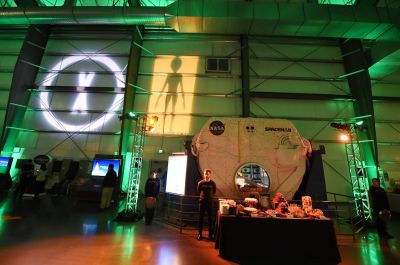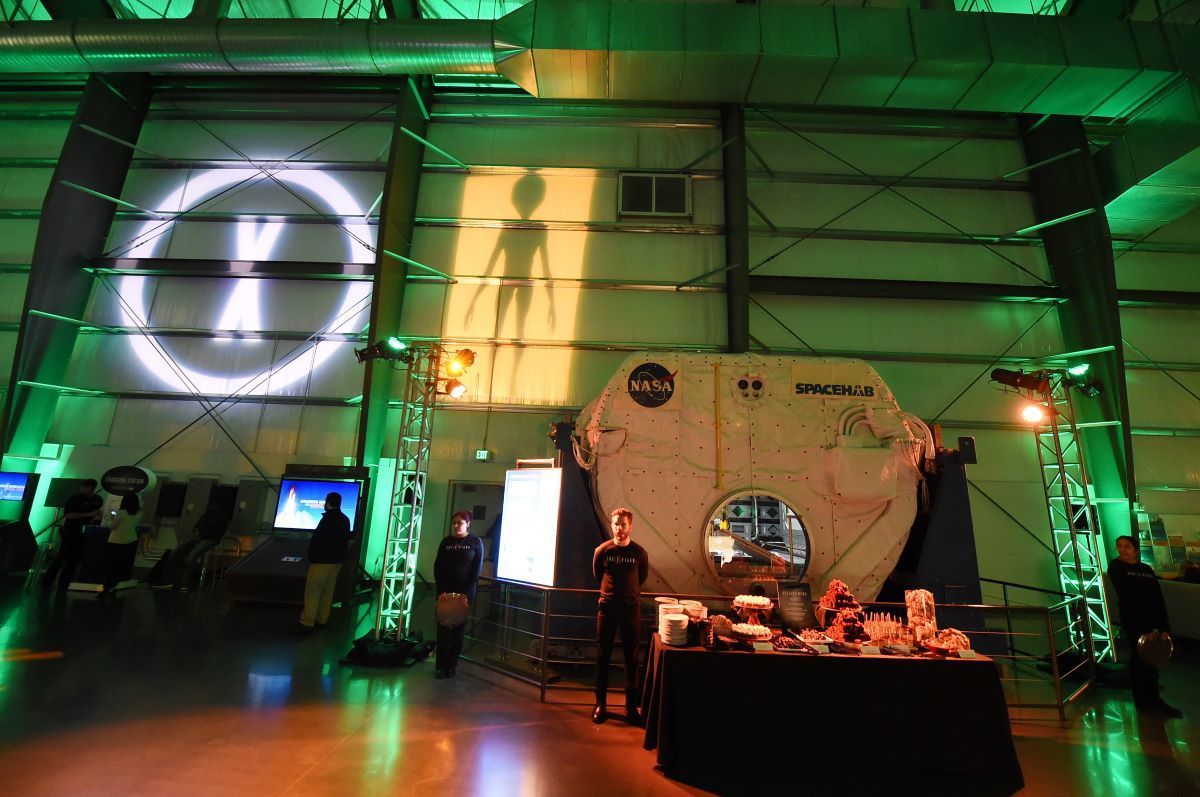
It’s all believable now. Extra-terrestrial beings and universes with alien civilizations are no longer fantastical beliefs. Science fiction isn’t a make-believe genre anymore. The possibility of some form of intelligence out there is passionately pursued with notable resources. Search for extraterrestrial intelligence, seti.org, says, “Where will you be … when we find life beyond Earth?” What has caused this shift in thinking? Why are educated people even considering that some mysterious intelligence exists “beyond Earth?”
Science is acknowledging that intelligence is an integral part of our existence, but God is not an option. My point is that “time of the gaps” thinking has begun to confuse science with science fiction, while influencing a cultural narrative of insouciance towards God and particularly Christian faith.
Scientific enterprise has its biases. One is naïve to believe that mainstream science follows the evidence wherever it leads. That is simply not true. In “Why we can’t trust the science journals,” a scientist recently explained that scientific research must support a cultural narrative or it will be ignored by prestigious journals. The public understanding of science is carefully controlled by publishing what the cultural narrative requires. Scientists are incentivized to do so in order to gain access to grants, to publish in prestigious journals, and for career advancement. The cultural narrative concerning Christian faith is that it’s regressive, restricts personal freedom, and that God is boring. Accordingly, scientific enterprise does not accommodate any data that suggests God’s existence.
It all began to accelerate in 1859 with Darwinism, and all of science became tainted with the “time of the gaps.” Present observations that contradict a theory can always be challenged by the belief that with time the theory can still be confirmed. So the preferred narrative can continue regardless of present contradictory information. Darwin proposed that once upon a time a chemical reaction occurred which produced life. Eventually, this organism hopped out of a puddle of mud, and from it all living creatures evolved naturally. Professional contemporaries of Darwin pointed to the gaps of evidence in his proposals, but he insisted that with time his theory would be confirmed. Subsequent generations of science schools fell in love with this manner of thinking, because it seemed to provide a path towards liberating humanity from the clutches of religious thought.
Science is roaring back, however. It’s beckoning us back to reason and to whatever is warranted by current evidence. For example, the eminent and decorated scientist, James Tour, has recently made a public challenge to the scientific community. Tour will remove all of his criticism of abiogenesis from his YouTube channel, if the scientific community will provide evidence for the chemical composition required to get life going. He claims that scientists are “clueless,” though they project a sense of knowingness to the public. Now some scientists claim that we may never know and they believe that it’s okay. Be mindful that claiming ignorance does not excuse one from accountability to current observations. Those who insist on the “time of the gaps” should also realize that time is not on anyone’s side.
Each passing year reveals that our knowledge of life is getting exponentially more complex, and as Tour emphasizes, time is moving the target further away. Why isn’t the scientific community listening? Is it asleep?
No, the scientific community is wide awake and following a cultural narrative that when it comes to topics associated with God, and particularly Christian faith, only things that point away from Him can be considered. So, panspermia as a hypothesis is okay. Perhaps aliens from outer space visited Earth and somehow sowed seeds for human development? Time may prove it. Such outlandish hypotheses are welcome because they are obviously unsupportive of the Christian faith. How does this current mindset face reality?
Telescopic and microscopic observations are revealing concrete knowledge insomuch that the odds of our existence happening by fluke, chance, luck, and without telos, are unimaginatively prohibitive. Mathematics is screaming for some common sense to prevail. Nevertheless, it’s all ignored by staking everything in the “time of the gaps,” which isn’t even falsifiable. What will have to happen before it is relinquished in some aspects of science? This is a fair question. If the answers are, “nothing” and “never,” then it’s a blind commitment. Meanwhile, the lines between science and science fiction are becoming increasingly blurred.
Recently, a good friend of mine whose perspectives I respect challenged me with a peculiar question. He asked seriously, “What if an alien civilization produces video footage that the resurrection of Jesus was staged? Will you continue to be a Christian?” My immediate reaction was a dumbfounded smile. Then I explained that our present understanding of technology, that is, video and electronic transmissions, cannot be imposed on a supposed civilization that has never been witnessed. How can we assume that they even know anything about our technology? Let alone that they had access to it 2,000 years ago. How could we ever know if such footage was not itself fabricated by evil conspirators? None of it makes any legitimate sense. Such questions nevertheless highlight how science fiction is something that educated people now entertain as possible. Moreover, it demonstrates how “time of the gaps” theorizing is unfettered and imagining possibilities that were once deemed fictitious by mainstream science.
The experience of the Christian faith remains real. The Lord Jesus provides a living relationship with God, the ultimate reality. It’s perceived as boring and regressive only by those who are outside “The Door” (John 10:9). When “The Door” is opened, one will discover an exciting new relationship with God whereby one can still pursue a chosen profession with even greater fulfillment. It’s truly a comprehensive and liberating experience.
Everyone who has accepted God’s grace, regardless of one’s level of education, socio-economic status, or profession, can identify confidently with what Paul said, “For I am sure that neither … things present nor things to come, nor powers … nor anything else … will be able to separate us from the love of God in Christ Jesus our Lord” (Rom. 8:38-39).
Marlon De Blasio is a cultural apologist, Christian writer and author of Discerning Culture. He lives in Toronto with his family. Follow him at MarlonDeBlasio@Twitter
Free Religious Freedom Updates
Join thousands of others to get the FREEDOM POST newsletter for free, sent twice a week from The Christian Post.




























![[Video] More – Aghogho » GospelHotspot](https://gospelhotspot.net/wp-content/uploads/2024/04/More-Aghogho.jpeg)
















